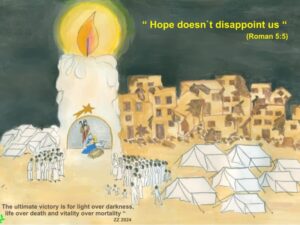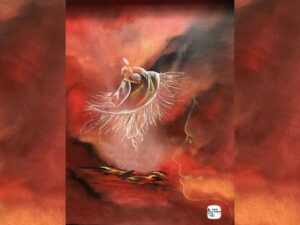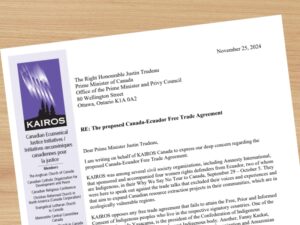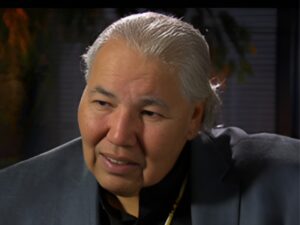Indigenous still waiting for vows to turn into action
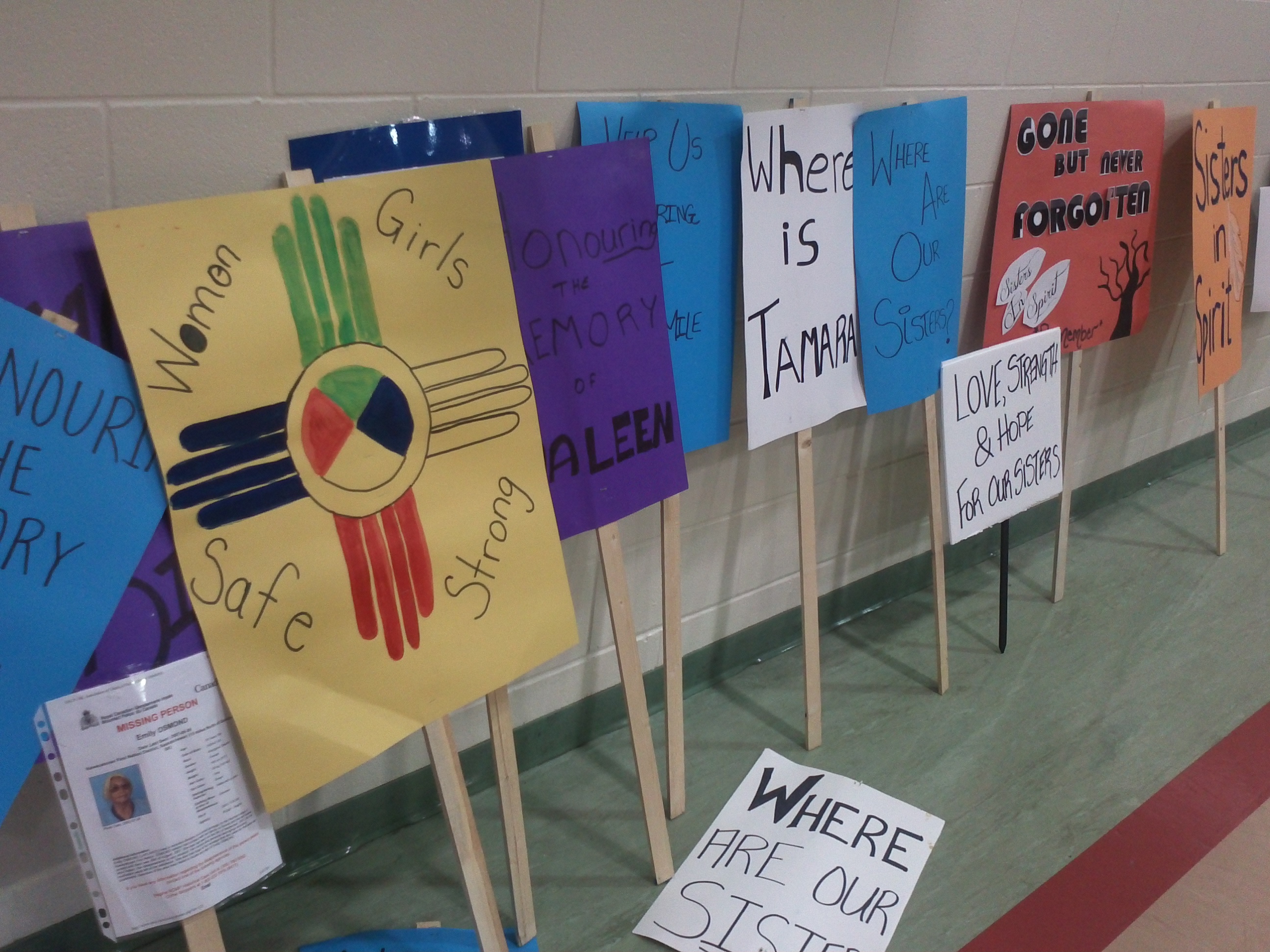
Chrystal Désilets likes to remain hopeful when she hears promises flow from the mouths of would-be MPs on the campaign trail.
But too often, particularly surrounding Indigenous issues, it becomes the same old story. There’s plenty of talk while her vote is sought, but then all that talk gets lost in the ether.
“What’s going to happen after the election? It’s always to be seen,” said Désilets, Indigenous rights co-ordinator with the ecumenical organization KAIROS.
It’s not that she goes into the Oct. 21 election without hope, it’s that she’s heard the promises ad nauseum only to see no action. She looks no further than the Grassy Narrows First Nation in northern Ontario, where a huge number of its population suffer from mercury poisoning due to contaminated water, an issue first recognized half a century ago. For years there have been promises to clean up the mess, including a 2017 commitment by the Liberal government to build a treatment plant that has failed to materialize.
“We know that these Indigenous issues like Grassy Narrows, it’s an intergenerational, modern-day trauma to Indigenous people in that community,” said Désilets, an Algonquin from the Pikwakanagan First Nation in Ontario.
This election campaign has seen many of the same promises made in the past. The Liberals have stressed their commitment to reconciliation, implementing the Indigenous Languages Act and the UNDRIP (United Nations Declaration on the Rights of Indigenous Peoples). The NDP wants to develop an action plan on reconciliation based on the TRC report and has vowed to bring an end to water advisories on reserves by 2021. The Conservative platform is more vague, though Andrew Scheer has said he’s eager to work with Indigenous communities that embrace developing energy resources.
It’s a long way from the 2015 election, when Canadians were swept up in the second round of Trudeaumania and elected Justin Trudeau. The Indigenous file was front and centre as Trudeau swept to power with his progressive agenda where he said fixing Canada’s relations with its First Nations was priority number one.
It was a rare and brave move by the Liberals and many voters bought into it. There was even a shout out to Trudeau from Gord Downie, the late singer of The Tragically Hip, at the band’s nationally-televised final show where he praised Trudeau and professed a belief that he would get reconciliation with Indigenous people right.
“Indigenous folks were super-amped-up and involved in the last election,” said Désilets.
She doesn’t expect that same engagement in 2019. The intervening years and lack of progress on clean water and housing issues, moving forward on the Truth and Reconciliation Commission’s Calls to Action and the Missing and Murdered Indigenous Women and Girls Inquiry have brought things back to as they’ve been in the past.
“It’s a tale as old as time for us,” she said of the broken promises. Read the full story on The Catholic Register.
This article was authored by Mickey Conlon for the Catholic Register and published on Oct. 18, 2019.
Read our latest posts:
- From reconciliation to peace and climate justice: the enduring legacy of Pope Francis
- KAIROS 2025 Easter message
- Canadian Christian leaders call on federal politicians to protect and strengthen global aid commitments
- KAIROS Times: April 2025
- Attending UNCSW69: a journey of connection, reflection and advocacy









